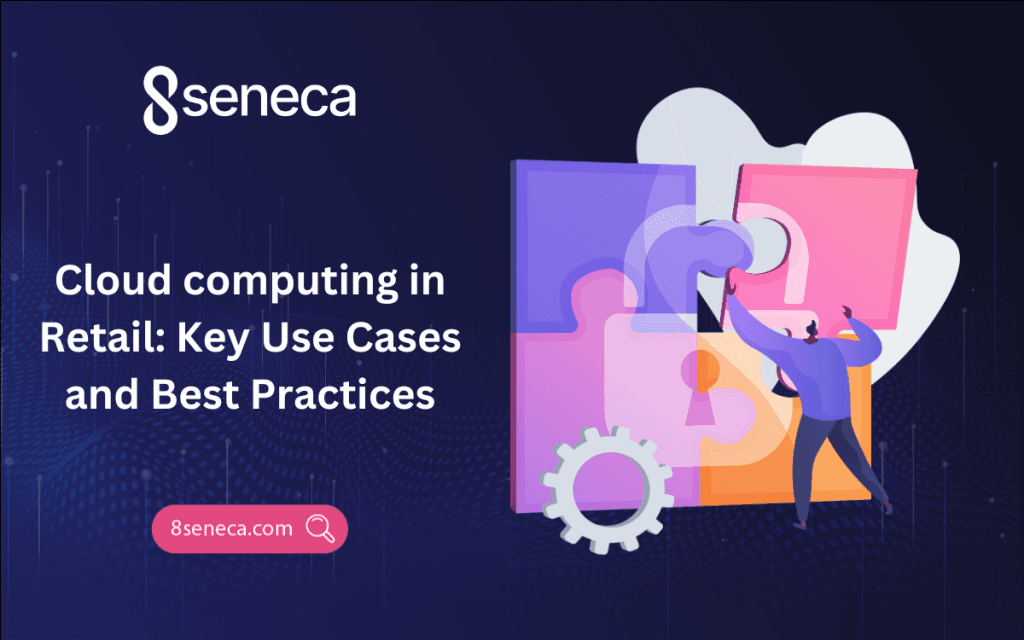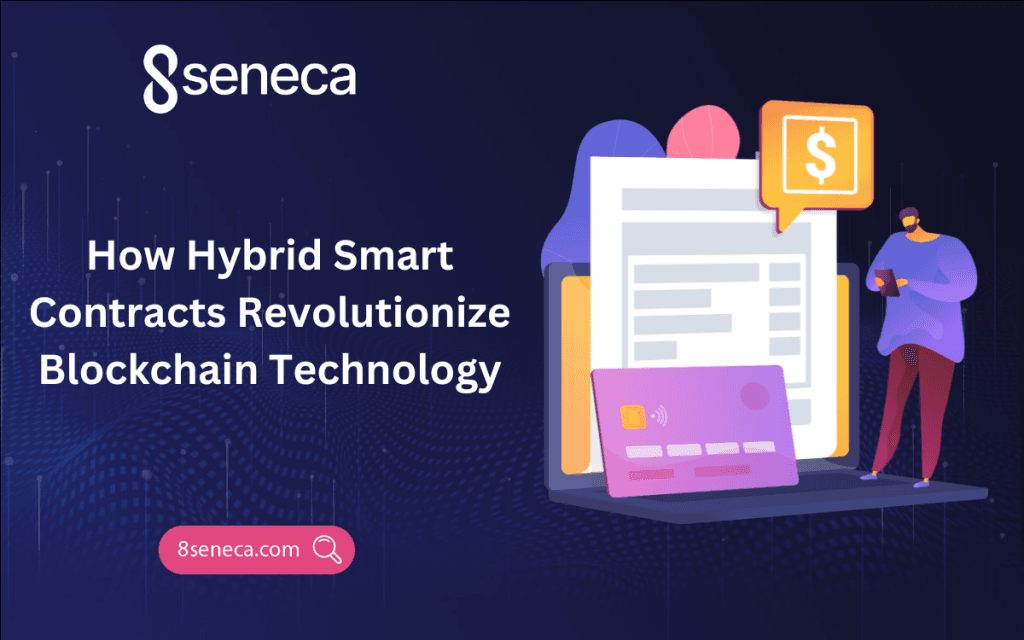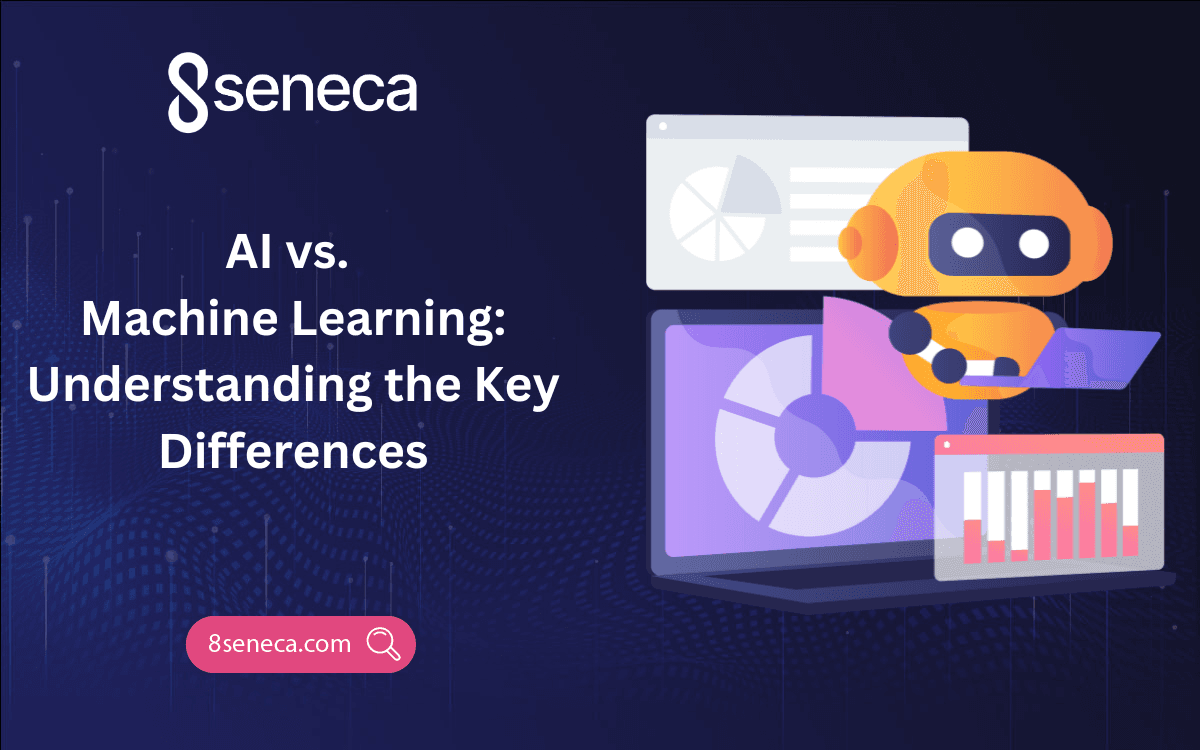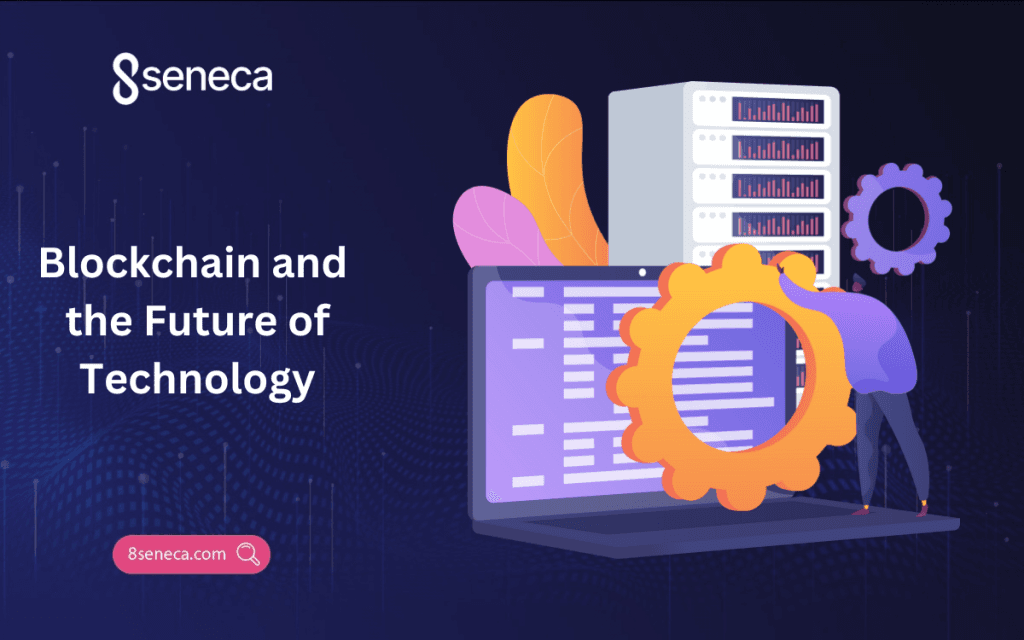How Cloud-Based BI Solutions Are Changing Business Landscape
Explore how cloud-based BI solutions are revolutionizing the business landscape, enhancing decision-making and efficiency.
In today’s fast-paced business environment, the ability to quickly and accurately analyze data is crucial for maintaining a competitive edge. Cloud-based Business Intelligence (BI) solutions have emerged as powerful tools that revolutionize how organizations manage and utilize their data. By leveraging the cloud, businesses can achieve unprecedented levels of scalability, flexibility and collaboration. This article explores how cloud-based BI solutions are transforming the landscape of data analytics and decision-making.
Understanding Cloud-Based BI Solutions
Cloud-based BI solutions are business intelligence tools and platforms hosted on cloud infrastructure. Unlike traditional BI tools that require significant investments in on-premises hardware and software, cloud BI solutions are accessible via the internet. These solutions offer scalability, flexibility and remote access. This shift allows businesses to integrate various data sources, perform real-time analytics and scale their BI capabilities without substantial upfront investments
Main Benefits of Cloud-Based BI Solutions
Clous-based BI solutions bring several benefits for businesses. Here are some main benefits of these solutions:
Increased Data Visibility and Collaboration
Cloud BI solutions eliminate data silos, thus enable organizations to have a comprehensive view of their operations. By integrating data from different sources, businesses can gain a 360-degree view of their activities, thereby improve strategic planning and operational efficiency. Consequently, this holistic view helps businesses understand customer behaviors, identify trends and make informed decisions.
Additionally, cloud BI enhances collaboration by allowing remote teams to access and share insights in real-time. With the rise of remote and hybrid work environments, this capability is more important than ever. Team members can work together on the same datasets, thus enable more accurate and coordinated analysis. The real-time sharing of data insights ensures that everyone in the organization is on the same page. This promotes a more cohesive approach to decision-making.
Faster Time to Insights
One of the most significant advantages of cloud BI is the ability to quickly query and analyze data. Traditional BI tools often involve lengthy processes to gather, cleanse and prepare data before analysis. In contrast, cloud BI platforms enable users to bypass these time-consuming steps, thereby provide near-instant access to insights. This rapid access to information is crucial for businesses that need to respond quickly to market changes and operational challenges.
Cloud BI tools often support self-service analytics, allowing non-technical users to perform their analyses without waiting for IT or data teams. This democratization of data access means that more employees can contribute to data-driven decision-making. As a result, it accelerates the time from data collection to actionable insights.
Scalability and Flexibility
Cloud BI platforms offer elastic infrastructure that can easily scale to meet the growing data needs of a business. This scalability allows organizations to adjust their BI resources based on demand, whether scaling up during peak periods or down during slower times. The flexibility of cloud BI ensures that businesses can adapt quickly to changing requirements without significant investments in new infrastructure.
The ability to scale resources dynamically is particularly valuable for businesses with fluctuating data needs. For instance, a retail company may require additional BI capacity during holiday shopping seasons but can scale back during off-peak times. This pay-as-you-go model provides financial flexibility and ensures that businesses only pay for what they need, when they need it.
Cost Efficiency
Cloud BI reduces the need for expensive on-premises hardware and ongoing maintenance. Businesses only pay for the resources they use, making it a cost-effective solution. The cloud model eliminates the capital expenses associated with setting up physical infrastructure such as servers and storage devices and reduces the operational costs of maintaining and updating these systems.
Furthermore, cloud BI providers handle software updates and infrastructure management, freeing up internal resources. This allows IT and data teams to focus on more strategic initiatives rather than routine maintenance tasks. The cost savings can be significant, especially for small and medium-sized businesses that may not have the budget for extensive IT investments.
Enhanced Security
Cloud BI providers employ advanced security measures including data encryption, multi-factor authentication and compliance with industry standards. These measures help protect sensitive business data from cyber threats and ensure that data governance policies are adhered to. Enhanced security features are crucial as businesses increasingly rely on cloud services for their BI needs.
Data security is a top priority for cloud BI providers who often have dedicated security teams and resources that many businesses cannot afford independently. By staying up-to-date with the latest security protocols and compliance certifications, cloud BI providers offer a higher level of security than many on-premises solutions. This reassures businesses that their data is safe and secure, even in the cloud.
Future Trends in Cloud-Based BI
The future of cloud-based BI is promising, with several trends set to shape its evolution:
Increased Adoption of AI and ML
The integration of AI and ML in cloud BI is expected to continue to grow, thereby offering more sophisticated analytics and predictive capabilities. Consequently, these technologies will enable businesses to automate data analysis, generate actionable insights, and make more informed decisions. As AI and ML algorithms become more advanced, their ability to analyze complex datasets and provide accurate predictions will improve, ultimately makes them invaluable tools for BI.
Expansion of Real-Time Analytics
As businesses demand faster insights, real-time analytics will become more prevalent. Cloud BI platforms will increasingly offer real-time data processing and analysis, enabling immediate data-driven decisions. Real-time analytics can provide businesses with real-time information on key performance indicators. As a result, it allows businesses to respond quickly to market changes and operational challenges.
Greater Emphasis on Data Governance
Ensuring data quality and compliance will remain a key focus as data volumes increase and regulatory environments evolve. Cloud BI solutions will continue to enhance their data governance capabilities to help businesses manage their data effectively. This includes implementing solid data management practices, ensuring data accuracy and consistency, and complying with regulatory requirements to protect sensitive information
Conclusion
In conclusion, cloud-based BI solutions are revolutionizing how businesses manage and utilize their data. By offering increased visibility, faster insights, cost efficiency and enhanced security, cloud BI platforms empower organizations to make smarter, data-driven decisions. As these technologies continue to evolve, businesses that leverage cloud BI will be well-positioned to stay ahead in an increasingly competitive landscape.
8seneca excels in providing customized B2B services, particularly in IT outsourcing solutions. Should you need assistance with IT outsourcing, please don’t hesitate to reach out to us. We are actively looking for skilled Junior Java Developers to enhance our team. For details on open roles, please visit our recruitment center.
Related Articles

Jan 14, 2025
Read more
Will Decentralized Social Media Take Over in 2025?
Explore if decentralized social media could reshape online interactions in 2025 with greater privacy and control.

Jan 08, 2025
Read more
What You Need to Know About Zero-Trust Architecture
Learn the essentials of Zero-Trust Architecture: how it enhances cybersecurity by verifying every user and device.

Oct 07, 2024
Read more
Cloud Computing in Retail: Key Use Cases and Best Practices
Cloud computing helps retailers optimize operations, streamline inventory, and improve decision-making with real-time data.

Sep 27, 2024
Read more
How Hybrid Smart Contracts Revolutionize Blockchain Technology
Discover what hybrid smart contracts are and how they are revolutionizing blockchain technology, including key benefits and challenges.

Sep 25, 2024
Read more
AI vs. Machine Learning: Understanding the Key Differences
Learn the differences between AI and ML, their impact on business, and how to leverage them effectively in business.

Aug 14, 2024
Read more
Blockchain and the Future of Technology
Explore how blockchain technology is revolutionizing industries like finance, healthcare, and supply chain management.
